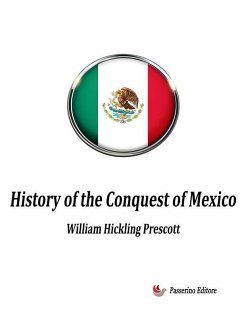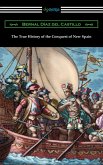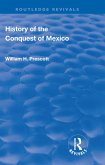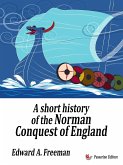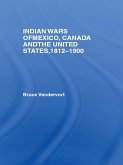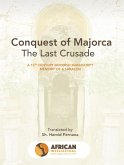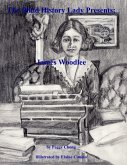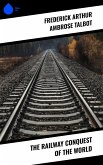The Spanish conquest of the Aztec Empire, also known as the Conquest of Mexico or the Spanish-Aztec War (1519-21), was one of the primary events in the Spanish colonization of the Americas. There are multiple 16th-century narratives of the events by Spanish conquistadors, their indigenous allies, and the defeated Aztecs. It was not solely a contest between a small contingent of Spaniards defeating the Aztec Empire but rather the creation of a coalition of Spanish invaders with tributaries to the Aztecs, and most especially the Aztecs' indigenous enemies and rivals. They combined forces to defeat the Mexica of Tenochtitlan over a two-year period. For the Spanish, the expedition to Mexico was part of a project of Spanish colonization of the New World after twenty-five years of permanent Spanish settlement and further exploration in the Caribbean. William Hickling Prescott (May 4, 1796 - January 28, 1859) was an American historian and Hispanist, who is widely recognized by historiographers to have been the first American scientific historian. Despite having serious visual impairment, which at times prevented him from reading or writing for himself, Prescott became one of the most eminent historians of 19th century America. He is also noted for his eidetic memory. After an extensive period of study, during which he sporadically contributed to academic journals, Prescott specialized in late Renaissance Spain and the early Spanish Empire. His works on the subject, The History of the Reign of Ferdinand and Isabella the Catholic (1837), The History of the Conquest of Mexico (1843), A History of the Conquest of Peru (1847) and the unfinished History of the Reign of Phillip II (1856-1858) have become classic works in the field, and have had a great impact on the study of both Spain and Mesoamerica. During his lifetime, he was upheld as one of the greatest living American intellectuals, and knew personally many of the leading political figures of the day, in both the United States and Britain. Prescott has become one of the most widely translated American historians, and was an important figure in the development of history as a rigorous academic discipline. Historians admire Prescott for his exhaustive, careful, and systematic use of archives, his accurate recreation of sequences of events, his balanced judgments and his lively writing style. He was primarily focused on political and military affairs, largely ignoring economic, social, intellectual, and cultural forces that in recent decades historians have focused on. Instead, he wrote narrative history, subsuming unstated causal forces in his driving storyline.
Dieser Download kann aus rechtlichen Gründen nur mit Rechnungsadresse in A, B, BG, CY, CZ, D, DK, EW, E, FIN, F, GR, HR, H, IRL, I, LT, L, LR, M, NL, PL, P, R, S, SLO, SK ausgeliefert werden.

